Mozambique: "Fierce fight against corruption" evokes Samora Machel's objectives - Frelimo
Historical memories conditioning end of political crisis in Mozambique – Ngoenha
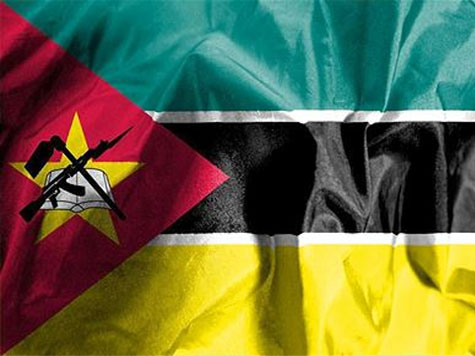
The Mozambican philosopher Severino Ngoenha says that the dominant forces in Mozambique are still clinging to historical memories and pseudo-statuses that prevent talks from overcoming the political and military crisis in Mozambique, and classifies the resumed negotiations as a “dialogue of the deaf”.
“We are facing a dialogue of the deaf,” the dean of the Technical University of Mozambique said in an interview with Lusa, noting that both the Mozambique Liberation Front (Frelimo), and the largest opposition force, the Mozambican National Resistance (Renamo), have laid down preconditions that effectively prevent the negotiations working.
As talks have been resumed, Ngoenha believes that the negotiation process between the parties is being held hostage to Frelimo’s “historical memory” as a liberation movement, and Renamo’s “pseudo-status” as the “bringer of democracy to Mozambique”.
“For Frelimo, to negotiate means that Renamo must submit. For Renamo, to negotiate means that Frelimo must make concessions.” In these circumstances, the academic says, negotiating becomes impossible.
From a rational point of view, the provincial authorities proposed by Renamo and rejected by Parliament in 2015, are a necessary condition for the implementation of a decentralized system in Mozambique.
According to Ngoenha, author of “The Third Question”, the government’s constitutional basis for rejecting the proposal is unfounded, in so far as the constitution is not a closed instrument but must adapt with the “metamorphoses that the country is undergoing” in each context.
Ngoenha believes that the implementation of the provincial authorities would require Mozambique to create structures to ensure a permanent dialogue between the central government and provincial authorities, to prevent the local authorities from turning provinces into private properties and the country from falling prey to tribalism.
“One would have to ensure that we continue to put national solidarity at the centre of debate, albeit with a decentralized country,” he maintains, noting that the lack of a healthy dialogue could further aggravate the political and military crisis.
Analyzing Mozambican democracy as it is now, Ngoenha notes that the elections in 2014 paved the way for the transformation of the political parties into apparatuses, reiterating that Mozambique is experiencing a “post-politics”, or a “political debate without political ideas.”
“There are no political ideas, no political projects. In our case, elections are simply an exercise in replacing the people in power,” he says, arguing that the dominant political forces, including Frelimo, Renamo and the Mozambique Democratic Movement, present no alternative project.
Ngoenha also warns of a failure in the Mozambican social contract, stating that levels of economic disparity in the country are bound to rise.
“There are only two ethnic groups in Mozambique: those who have money and those who do not,” he says, adding that, in many cases, the disparity in what people have is at the root of the country’s social problems.
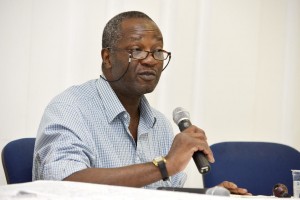
Mozambique has seen an escalation of political violence, with reports of clashes between Renamo and the Defence and Security Forces, as well as mutual accusations of abductions and assassinations of party members on both sides and even attacks attributed by the authorities to the military wing of the opposition against civilians targets in the centre of the country
Despite the availability to talk, the last weeks were marked by several military actions attributed by the Mozambican authorities to armed Renamo men, including attacks on civilian cars and killing of leaders of the local administration.
The main opposition party refuses to accept the results of the general elections in 2014, threatening to rule in the six provinces where it claims victory in the polls.


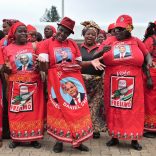
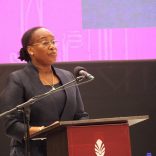
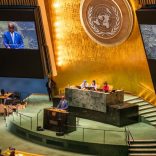


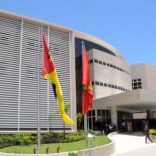




Leave a Reply
Be the First to Comment!
You must be logged in to post a comment.
You must be logged in to post a comment.